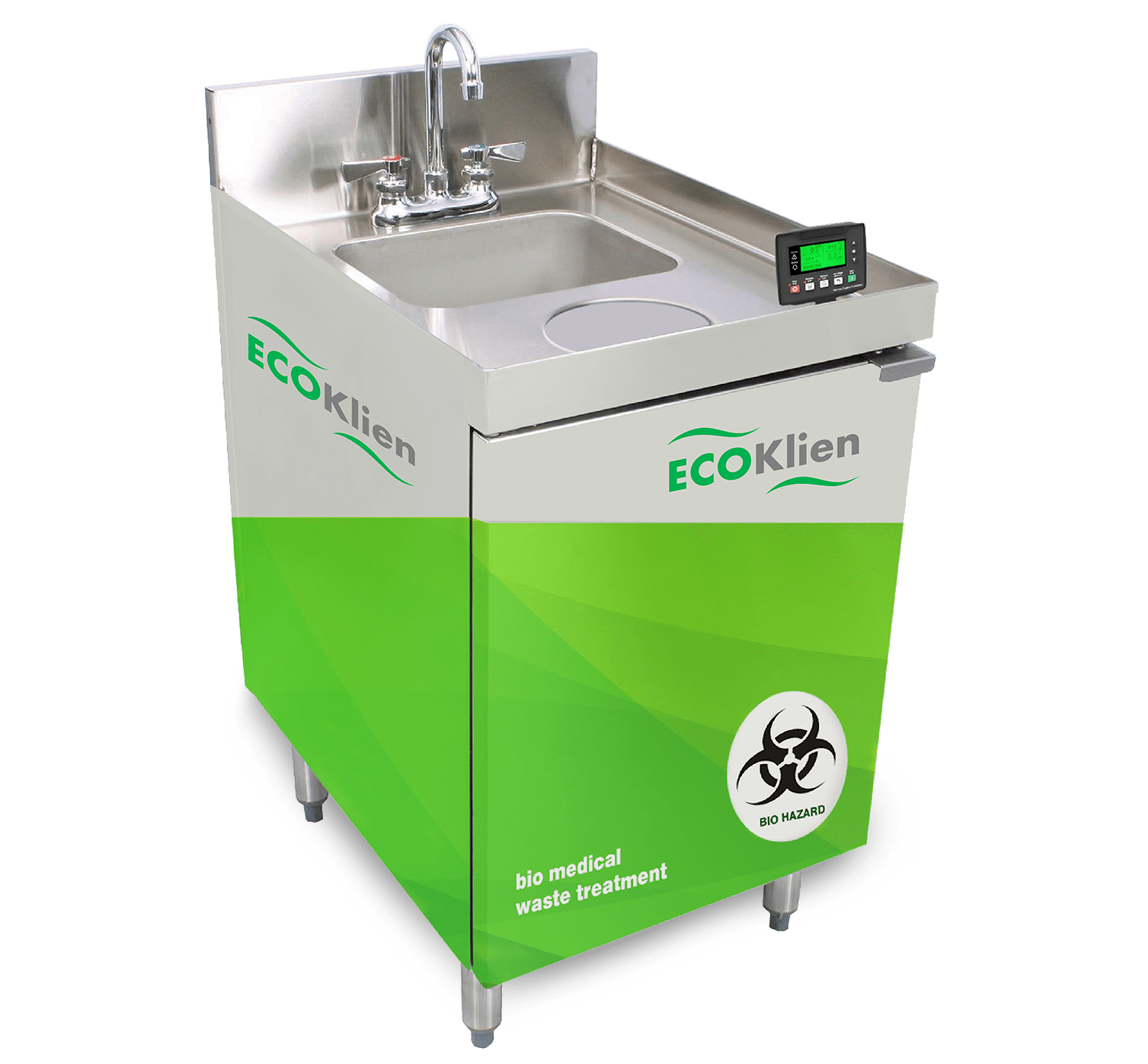Recognizing the Comprehensive Process of Fluid Garbage Disposal: Best Practices and Environmental Impact Considerations
The management of liquid garbage disposal is a complex problem that needs a thorough understanding of various ideal techniques and their associated ecological effects. From the kinds of liquid waste generated to the techniques utilized for collection, treatment, and last disposal, each action plays a vital function in protecting communities and public health. As regulatory requirements evolve and innovation breakthroughs, the discussion around these processes becomes progressively relevant. What ramifications do these changes hold for future sustainability initiatives, and exactly how can stakeholders make sure that they are sufficiently addressed?
Sorts Of Fluid Waste
Comprehending the numerous kinds of fluid waste is important for reliable management and disposal practices. Fluid waste can be generally categorized into a number of kinds, each requiring unique handling and treatment approaches.
Industrial liquid waste typically has dangerous materials, consisting of heavy steels, solvents, and chemicals, created during producing procedures. These wastes demand strict regulatory conformity to shield human health and the atmosphere. Residential liquid waste mainly describes wastewater generated from families, consisting of sewer and greywater, which, although much less poisonous, can still position considerable threats if poorly taken care of.
Agricultural fluid waste, consisting of runoff from farms, commonly contains fertilizers and chemicals that can cause ecological destruction if not treated properly. Medical liquid waste, generated from healthcare facilities, includes contaminated liquids such as bodily fluids and chemicals, requiring specialized disposal methods to avoid infection and environmental contamination.
Finally, oil and oil waste, normally generated by dining establishments and auto sectors, can cause severe blockages in sewage system systems if not handled correctly. Comprehending these classifications assists in targeted techniques for treatment, conformity with laws, and effective disposal methods, ultimately advertising environmental sustainability and public health security.

Collection Methods
Reliable collection approaches are essential for the proper management of fluid waste, guaranteeing that it is gathered safely and effectively prior to therapy or disposal. Different methods are employed relying on the sort of fluid waste created, the quantity, and the specific qualities of the waste.
One usual technique is using dedicated collection containers or sumps, which are created to capture liquid waste at the source. These systems commonly integrate pumps that assist in the transfer of waste to larger storage space containers or treatment facilities. Furthermore, mobile collection units geared up with vacuum cleaner technology are employed in circumstances where waste is generated intermittently or in hard-to-reach areas.
For industrial setups, closed-loop systems can successfully minimize leaks and spills, enabling the healing and reuse of liquid waste. It is likewise vital to train personnel on appropriate collection protocols to alleviate threats connected with dangerous substances.
In addition, executing regular maintenance timetables for collection devices makes certain ideal efficiency and security. The assimilation of sophisticated monitoring systems can improve collection performance by offering real-time information on waste levels and prospective dangers. In general, reliable collection methods are foundational to sustainable liquid waste management practices.
Treatment Processes
Therapy procedures play a crucial function in the administration of fluid waste, transforming potentially hazardous materials into secure effluents or recyclable sources - liquid waste disposal. These processes can be generally classified into physical, chemical, and biological techniques, each tailored to deal with certain pollutants present in the waste stream
Physical treatment approaches, such as sedimentation and filtration, work by getting rid of put on hold solids and particle issue. These methods are often the primary step in the therapy chain, properly lowering the tons on subsequent procedures. Chemical therapies include making use of reagents to neutralize unsafe materials, speed up heavy steels, or oxidize organic pollutants, thereby boosting the safety of the effluent.
Organic treatment procedures, consisting of turned on sludge systems and anaerobic digestion, profit from the natural capacities of bacteria to degrade natural issue. These methods are particularly efficient for wastewater consisting of biodegradable contaminants. Advanced therapy innovations, such as membrane purification and advanced oxidation processes, are significantly employed to attain higher degrees of purification.
Integrating a mix of these therapy methods not only makes sure compliance with regulative criteria yet likewise advertises environmental sustainability by recovering important resources from fluid waste.
Disposal Options
Just how can organizations guarantee the liable and secure disposal of fluid waste? Effective disposal choices are important for guarding public health and the environment. The primary methods consist of land disposal, therapy, and incineration adhered to by discharge right into municipal wastewater systems.
Land disposal involves the cautious control of liquid waste in assigned garbage dumps, ensuring that it does not leach into surrounding dirt or water. Incineration, on the various other hand, topics fluid waste to heats, transforming it right into ash and gases, which call for correct filtration to minimize exhausts. This approach appropriates for contaminateds materials that can not be treated via standard ways.
In situations where fluid waste go right here can be treated, organizations might go with biological or chemical therapy processes to counteract hazardous elements before releasing the treated effluent into community systems. This route typically straightens with regulative demands, making certain that the effluent fulfills security requirements.
Ultimately, organizations should perform thorough evaluations of each disposal alternative to establish Web Site its viability, considering aspects such as waste composition, governing compliance, and possible dangers to health and the setting. By selecting appropriate disposal approaches, services can contribute to an accountable waste management approach.
Ecological Influence
The ecological impact of liquid garbage disposal is a critical consideration for companies seeking to decrease their ecological footprint. Incorrect disposal approaches can result in considerable contamination of water sources, soil destruction, and adverse impacts on local ecosystems. As an example, unsafe liquids can leach into groundwater, positioning dangers to drinking water products and aquatic life. Furthermore, the discharge of untreated or inadequately dealt with waste right into surface waters can cause eutrophication, resulting in oxygen exhaustion and the succeeding death of fish and various other microorganisms.

To reduce these impacts, organizations should adopt ideal practices such as implementing strenuous waste treatment processes, advertising recycling and reuse, and sticking to governing requirements. By taking an aggressive approach to liquid waste management, entities can significantly minimize their ecological impact while sustaining sustainable growth goals. Ultimately, a thorough understanding of the environmental effects related to fluid waste disposal is important for informed decision-making and responsible stewardship of natural deposits.
Verdict
Efficient management of liquid he said waste is critical for securing environmental honesty and public wellness. By adopting finest practices in disposal, treatment, and collection, along with adherence to regulatory criteria, the possibility for hazardous contamination of ecosystems can be dramatically decreased. Continual improvements in technology and procedures add to sustainable waste monitoring efforts. Eventually, a comprehensive understanding of liquid garbage disposal not only minimizes environmental effects yet also promotes a commitment to accountable source monitoring and environmental stewardship.
The management of fluid waste disposal is a complex issue that requires an extensive understanding of numerous ideal techniques and their associated ecological impacts. From the types of liquid waste produced to the techniques utilized for collection, therapy, and final disposal, each action plays a vital function in securing environments and public wellness.The ecological effect of fluid waste disposal is an important factor to consider for companies looking for to decrease their eco-friendly impact. Eventually, a thorough understanding of the ecological influences connected with liquid waste disposal is crucial for informed decision-making and responsible stewardship of natural resources.
Ultimately, an extensive understanding of liquid waste disposal not just minimizes ecological influences yet likewise promotes a dedication to responsible source monitoring and ecological stewardship.